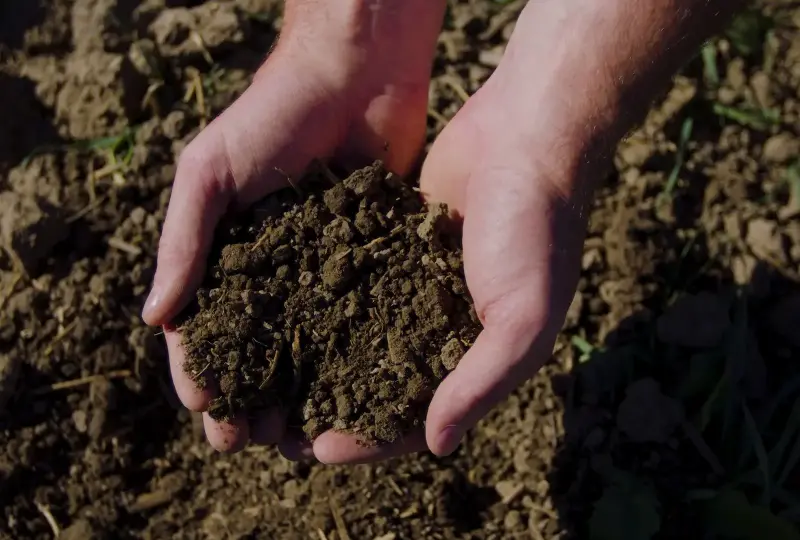
Carmaker Honda has purchased carbon credits from farmers to offset its emissions burden in the U.S. The purchase is part of the company’s larger sustainability mission that aims for carbon neutrality by 2050.
The credits cover the removal of 1,800 metric tons of carbon dioxide from the atmosphere and support the opportunity for farmers to increase profitability while building soil health.
“Since we first began helping Ohio farmers ship soybeans to Japan 40 years ago, Honda has been supporting farmers near our U.S. operations,” said Mahjabeen Qadir, sustainability strategy lead at Honda Development & Manufacturing of America, LLC. “Today, we’re working with farmers to create lasting change by funding regenerative practices that preserve farmland, protect waterways and ensure a healthier environment for generations to come.”
Soil health is extremely important for America’s food chain. Without diverse crop rotation, water management and cover crop implementation, farmers see the quality of the dirt they plant in lower, which impacts the vitality of the crops they are seeking to harvest for profit.
It is even important in areas where animals graze, where grasses are mixed with other plants. What animals eat and digest directly impacts the taste of their meat. High-quality meat can garner higher prices and more profitability for farmers.
The Make American Healthy Again movement encourages Americans to eat healthy, unprocessed, high-quality foods, including those grown by the country’s agricultural community using sustainable farming practices.
Rich, healthy soil allows plants to grow longer roots and develop robustly, which in turn prevents soil runoff and increases the number of organisms that live within the soil. Healthy plant growth also helps filter the air.
There is nearly three times as much carbon dioxide stored in the soil than in the air.
Farmers who actively employ sustainable farming practices generate soil carbon credits.
University of Wisconsin Madison Division of Extension’s Crops and Soils program defines a carbon credit as, “a certified, tradable carbon offset that is exchanged under a cap and trade system of emissions regulation.” Under that system, companies are allotted a certain number of credits to offset their emissions impact. Farmers who have generated their own credits may sell them to companies who, in turn, may release more harmful emissions into the atmosphere.
The number of carbon credits a company may purchase is limited in some regions, including California, where emissions reductions are encouraged. That state alone has an agricultural industry that generated $61.2 billion in 2024. Not all states participate in carbon emissions reductions practices and there are no federal emissions limits.
The credits Honda purchased impact approximately 150 farmers in Alabama, Indiana, North Carolina, Ohio and South Carolina, areas where Honda has operations. Together those farmers work 214,000 acres of land. Honda estimates that their participation in the project, “conserved approximately 69,000 gallons of water for every metric ton of carbon removed.”
All credits in the Carbon by Indigo program have been independently verified by Aster Global Environmental Solutions and issued by the Climate Action Reserve, Honda said.
